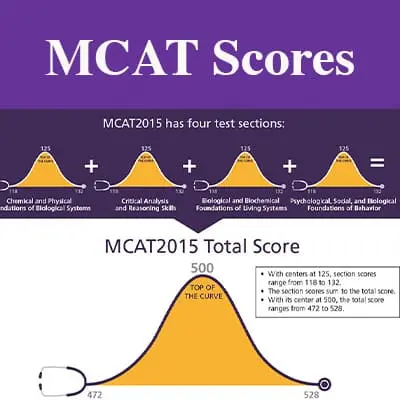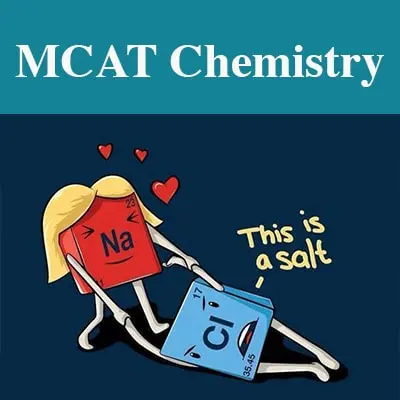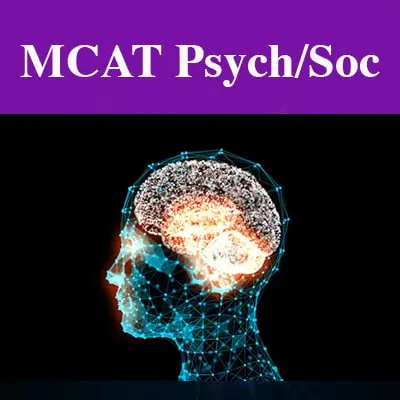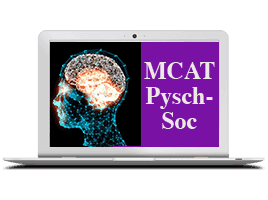Contact Dr. Donnelly Today
About Biology Tutoring

Dr. Stuart Donnelly can teach you the correct approach to each section of the MCAT®. His unique strategies are extremely effective at dealing with even the most difficult passage-based problems that can appear on the test and will help significantly improve your score.
Private tutoring with Dr. Donnelly is available either in person at our office or online via Zoom, so contact Stuart today. Schedule a FREE Consultation Now.
Stuart is considered by many leading educators to be, "One of the most experienced and qualified private MCAT® tutors in the country."
But don't just take our word for it - why not check out the latest reviews from some of Dr. Donnelly's recent students?



















